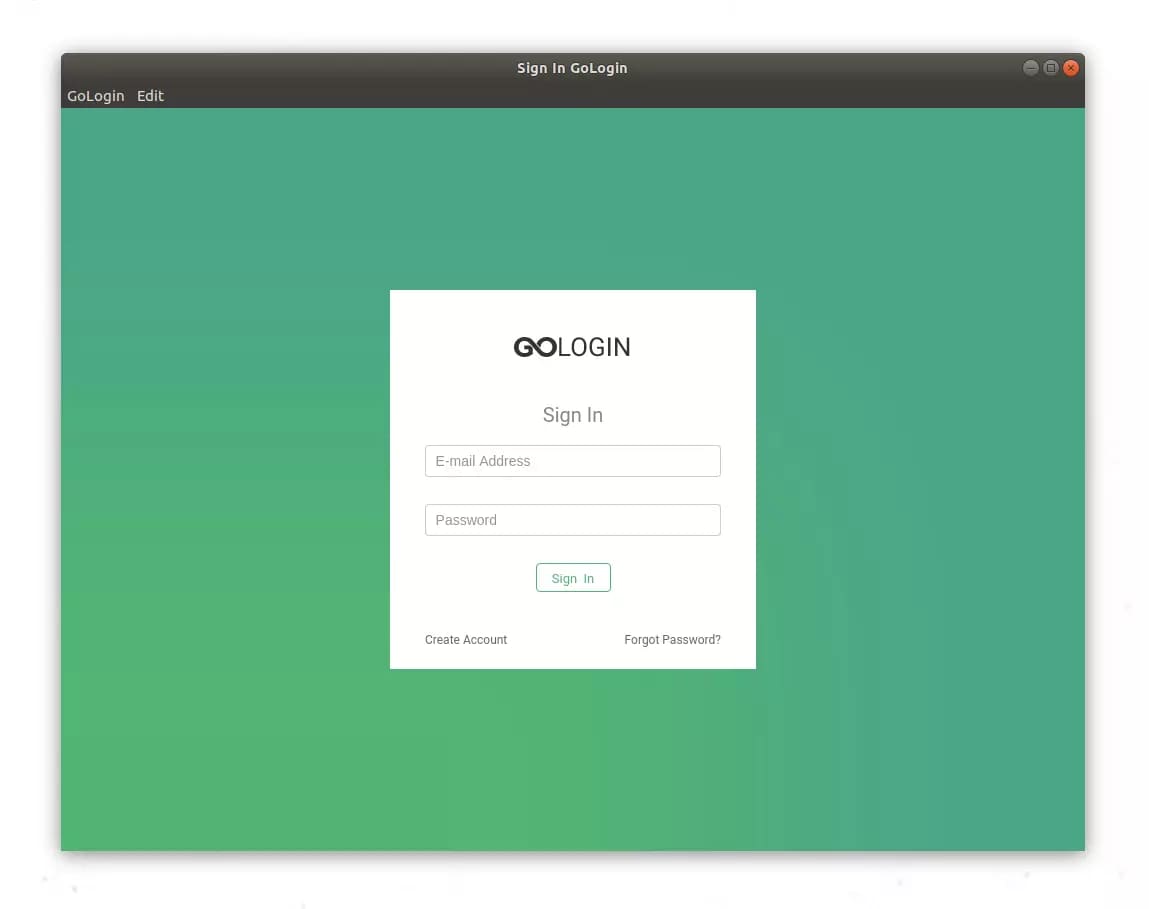Journalism is an interesting and difficult job. You must know where to look for information and whom to ask in order to receive exclusive material. You must be polite and persistent at the same time. And finally, you must remain anonymous during a journalistic investigation.
Now a large number of journalistic investigations are carried out without leaving home. Open sources and informants on the Internet make it easy to achieve this. But it is also easy to track journalist actions, deanonymize an informant or block access to information.
A journalistic investigation often reveals skeletons in someone’s closet. These people will unlikely be happy if some information is published. So, if the subject of your investigation turns out to be very influential, you will probably want to hide your real identity.
Sometimes the necessary information is simply unavailable in a journalist’s country. For example, your foreign informant is active only in local social networks, or an important publication has been published on a government website that prohibits access from abroad.
There could probably be countless circumstances in which you want to keep your browsing activity private. E. g. you want to hide the current line of investigation or want to avoid leakage of specific information.

lthough it seems that the incognito mode protects you from detection, in fact it only hides your history from those who have access to the computer. So how to remain anonymous during a journalistic investigation.
GoLogin allows you to control your fingerprints and manage profiles remaining anonymous by using a privacy browser Orbita. You can mask your IP, browser, operating system, platform, geolocation and 15 other parameters that can be tracked if you are not using GoLogin.



